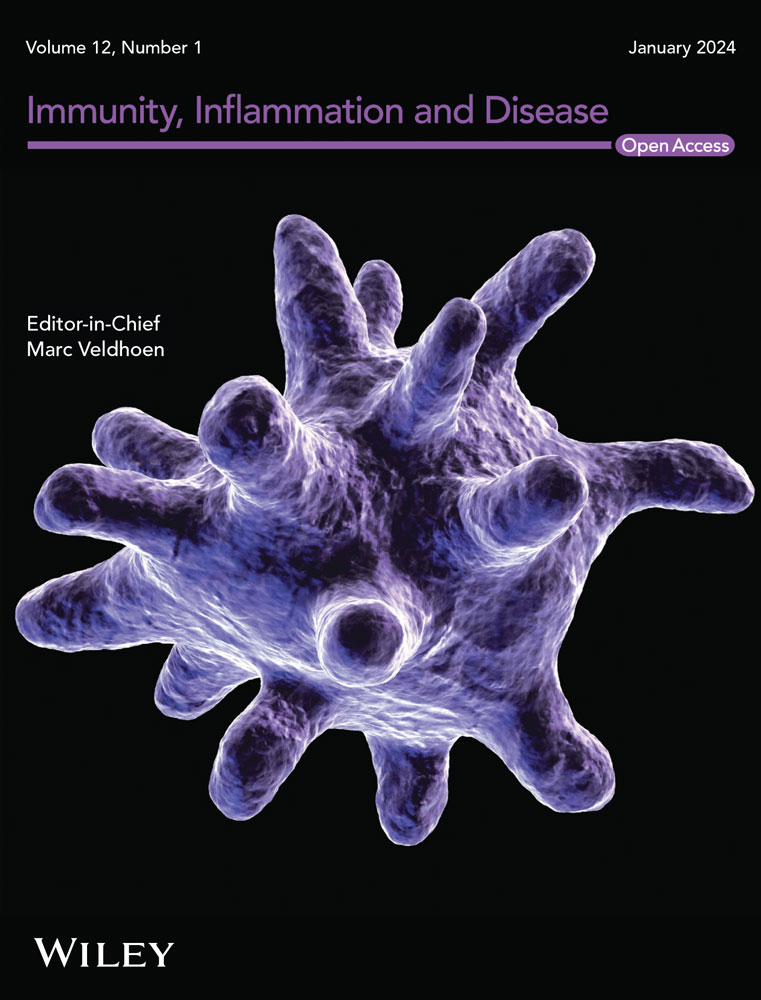Systemic immune inflammation index and all-cause mortality in chronic kidney disease: A prospective cohort study
Abstract
Background
The aim of this study was to investigate the association between systemic immune-inflammation index (SII) and all-cause mortality in individuals with chronic kidney disease (CKD).
Patients and Methods
This prospective cohort study was carried out among 9303 participants with CKD from the National Health and Nutrition Examination Survey cycles spanning 1999 to 2018. The mortality data were ascertained by linking participant records to the National Death Index up to December 31, 2019. Complex sampling-weighted multivariate Cox proportional hazards models were employed to estimate the association between SII level and all-cause mortality, providing hazard ratios (HR) and 95% confidence intervals (CI). A restricted cubic spline analysis was conducted to explore potential nonlinear correlation. Subgroup analyses and sensitivity analyses were also conducted.
Results
During a median follow-up period of 86 months, 3400 (36.54%) all-cause deaths were documented. A distinctive “J”-shaped relationship between SII level and all-cause mortality was discerned among individuals with CKD, with the nadir observed at an SII level of 478.93 within the second quartile. After adjusting for potential covariates, the risk of all-cause mortality escalated by 13% per increment of one standard deviation of SII, once SII exceeded 478.93 (HR = 1.13; 95% CI = 1.08–1.18). An elevated SII was associated with an increased risk of all-cause mortality among patients with CKD (Q4 vs. Q2: HR = 1.23; 95% CI = 1.01–1.48). Subgroup analyses indicated that the correlation between SII and CKD mortality was particularly pronounced among participants over 60 years old and individuals with diabetes. Sensitivity analyses revealed a linear positive association between SII and all-cause mortality after removing the extreme 5% outliers of SII.
Conclusions
A distinctive “J”-shaped relationship between SII level and all-cause mortality was identified among individuals with CKD. Further research is warranted to validate and expand upon these findings.


 求助内容:
求助内容: 应助结果提醒方式:
应助结果提醒方式:


